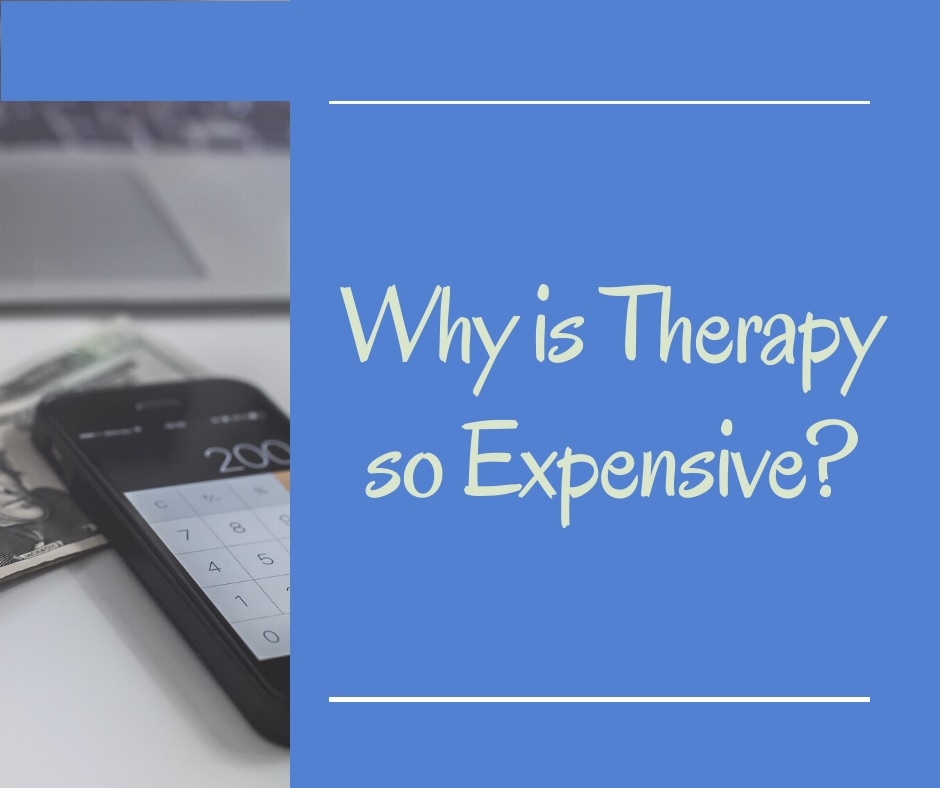why is therapy so expensive

The cost of therapy can vary widely depending on a variety of factors, including the type of therapy, the therapist’s qualifications and experience, and the location of the therapy practice. While therapy can be expensive, it is important to understand that there are several reasons why therapy costs what it does.
- Education and training: Becoming a licensed therapist typically requires several years of education and training, as well as ongoing professional development to maintain licensure. These educational and training costs can be significant, and they are reflected in the fees that therapists charge for their services.
- Overhead costs: Therapists often have overhead costs associated with running a private practice, including office rent, utilities, and administrative expenses. These costs are factored into the fees that therapists charge for their services.
- Time and expertise: Therapists typically spend a significant amount of time working with each client, including conducting assessments, developing treatment plans, and providing ongoing counseling and support. The expertise and experience that therapists bring to their work is reflected in the fees that they charge.
- Insurance reimbursement: Many therapists accept insurance as a form of payment for their services, but insurance reimbursement rates can be relatively low, which can result in higher out-of-pocket costs for clients.
While the cost of therapy can be a barrier for some individuals, it is important to recognize that therapy can be a valuable investment in your mental health and well-being. Many therapists offer sliding scale fees or other forms of financial assistance to make therapy more accessible to individuals who may not be able to afford the full cost of treatment.
Restorative Counseling Services, located in Atlanta, understands the financial challenges that can be associated with seeking mental health treatment, and they offer a range of payment options and financial assistance programs to help make therapy more accessible to all individuals. They can also help clients to navigate insurance coverage and reimbursement to help minimize out-of-pocket costs.






